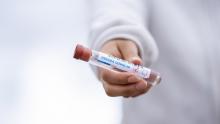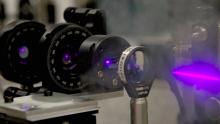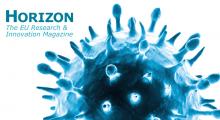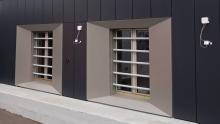Faster, more affordable vaccine purification

Generating safe antigens to induce immunity is one of several key steps in vaccine production. Purification is another, and it is typically a complex process. EU-funded researchers have designed a way to simplify the process, boost yields, limit waste and reduce costs, in a bid to help make more doses available more affordably.









